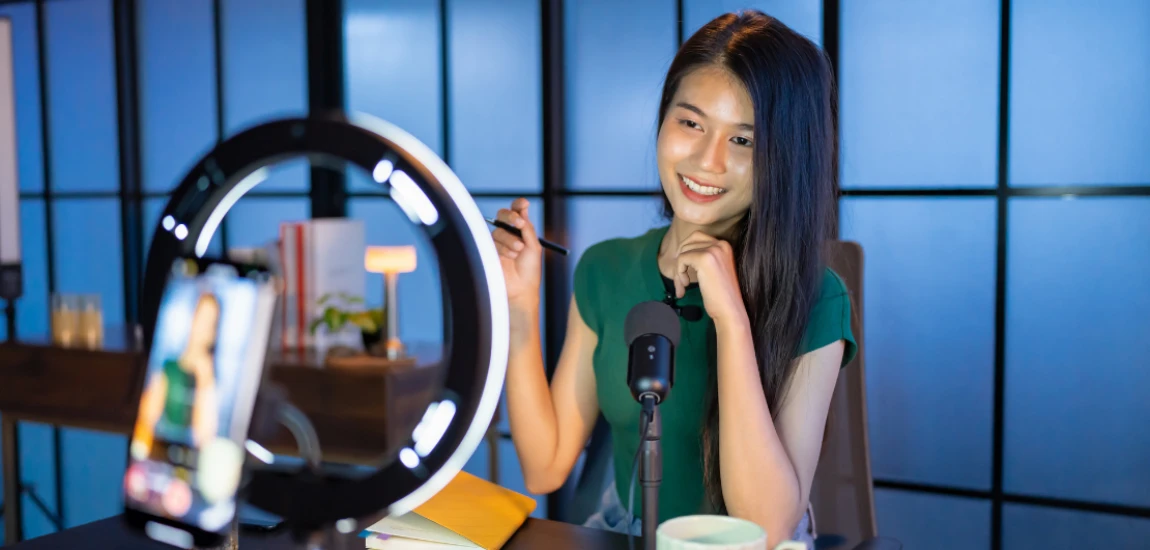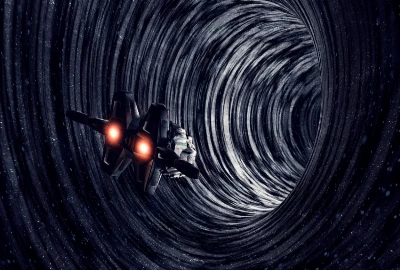Influencer Invasions: When Content Creators Cross Into Scripted Worlds

Once upon a time, scripted entertainment belonged to actors who spent years training in theater schools, auditioning tirelessly, and slowly building careers. But in today’s media landscape, the rules have changed. Platforms like TikTok, YouTube, and Instagram have given rise to influencers who command millions of followers and wield cultural influence rivaling Hollywood’s biggest stars. As a result, studios have started tapping into this power, casting digital creators in films, TV shows, and streaming series. This phenomenon, often described as influencer invasions, is changing the way scripted worlds are made and consumed.
But while influencers bring built-in audiences, the transition isn’t always smooth. Fans debate whether these creators belong in traditional storytelling, and critics question the artistic integrity of blending internet personalities with scripted formats. In this blog, we’ll explore why influencer invasions are happening, their advantages and risks, their cultural impact, and what the future might look like as entertainment continues to evolve.
The Rise of Influencers as Mainstream Stars

The journey from internet personality to TV or film star is no longer unusual—it’s becoming increasingly common.
From online fame to mainstream recognition
Influencers start by building personal brands online, creating bite-sized content that feels authentic and relatable. Platforms reward charisma and creativity, allowing some personalities to attract massive audiences in record time. Hollywood takes notice because these followers translate into guaranteed viewership when influencers step into scripted roles.
Studios chasing younger demographics
Traditional TV and cinema often struggle to capture younger audiences who spend more time on TikTok than in theaters. Casting influencers offers studios a shortcut to relevance, ensuring their projects trend on social platforms and gain immediate exposure.
Influencers shaping content themselves
Some creators don’t just act—they produce or write scripted content inspired by their online personas. This blurring of roles gives them creative control while providing studios with fresh ideas and unconventional storytelling angles that appeal to digital-native audiences.
Why Studios Embrace Influencer Invasions

It’s easy to see why studios and streaming platforms are eager to cast influencers in scripted roles: they come with built-in marketing power.
Ready-made audiences
Influencers bring millions of loyal fans who will follow them into any project. For studios, this reduces marketing costs and boosts a project’s chances of viral success. Even before release, a show or movie can trend simply because of who’s in the cast.
Social media buzz as free promotion
When influencers share behind-the-scenes content, trailers, or red carpet photos, they amplify a project’s visibility to global audiences instantly. This form of organic marketing is far more effective than traditional advertising campaigns.
Experimentation with new formats
Casting influencers also allows studios to test unconventional formats—short-form episodes, interactive content, or crossover projects blending reality and scripted storytelling. These experiments may feel risky, but they keep entertainment evolving in ways that resonate with younger viewers.
The Challenges of Influencer Crossovers

While influencer invasions offer benefits, they also come with challenges that can undermine the credibility of scripted projects.
Acting isn’t always transferable
Being charismatic online doesn’t automatically translate to acting ability. Scripted roles require emotional depth, timing, and nuance that influencers may not yet possess. Miscasting can result in performances that feel flat or unconvincing, disappointing both fans and critics.
Risk of alienating traditional audiences
Long-time fans of scripted television and film may view influencer casting as a gimmick. They argue that it undermines trained actors and lowers artistic standards. If a project leans too heavily on influencer hype, it may lose credibility among core audiences.
Short-lived hype cycles
Influencers rise and fall quickly, with trends shifting every few months. A project tied to a viral star may fade once that influencer loses relevance, raising questions about long-term sustainability.
Cultural Impact of Influencer Invasions

The crossover of influencers into scripted worlds isn’t just a business strategy—it’s shaping culture in significant ways.
Redefining celebrity
Influencers embody a new kind of fame rooted in accessibility and relatability. Unlike traditional stars, they often interact directly with fans. This closeness changes audience expectations of what celebrity looks like in scripted entertainment.
Blurring reality and fiction
When influencers play roles similar to their online personas, it becomes difficult to separate character from creator. This blurring challenges traditional storytelling conventions and may reshape how audiences consume narrative content.
Expanding representation
Influencers often come from diverse backgrounds underrepresented in mainstream media. Their inclusion in scripted projects broadens cultural perspectives, introducing new voices and identities to wider audiences.
Case Studies: Successes and Missteps

Looking at real-world examples highlights the mixed outcomes of influencer invasions.
Success stories
Some influencers successfully transition into scripted roles. For instance, social media stars who studied acting before becoming influencers often adapt well. Their fanbase helps launch projects, but their talent ensures long-term success.
High-profile failures
On the other hand, there have been instances where influencers were cast purely for their popularity, only for projects to flop due to poor performances or lackluster scripts. These cases demonstrate the risks of prioritizing fame over storytelling.
Lessons learned
The most successful crossovers happen when influencers are integrated thoughtfully, with training, strong scripts, and roles that align with their strengths. Studios that treat them as collaborators rather than marketing tools often see better results.
The Future of Influencers in Scripted Entertainment

Influencer invasions show no signs of slowing down—but the way they unfold will determine whether this trend becomes a lasting shift or a fleeting experiment.
Training and professional development
As more influencers cross into scripted roles, many are investing in acting classes and formal training. This commitment bridges the gap between internet stardom and professional acting, improving the quality of performances.
Hybrid storytelling models
The future may bring more hybrid formats that mix reality with fiction—mockumentaries, interactive shows, or cross-platform narratives where influencers play exaggerated versions of themselves. These formats allow them to use their natural charisma while experimenting with scripted storytelling.
Balancing hype with substance
For influencer invasions to endure, projects must balance star power with quality storytelling. Viewers may tune in for an influencer, but they stay for compelling narratives. The future of scripted worlds lies in striking this balance effectively.




